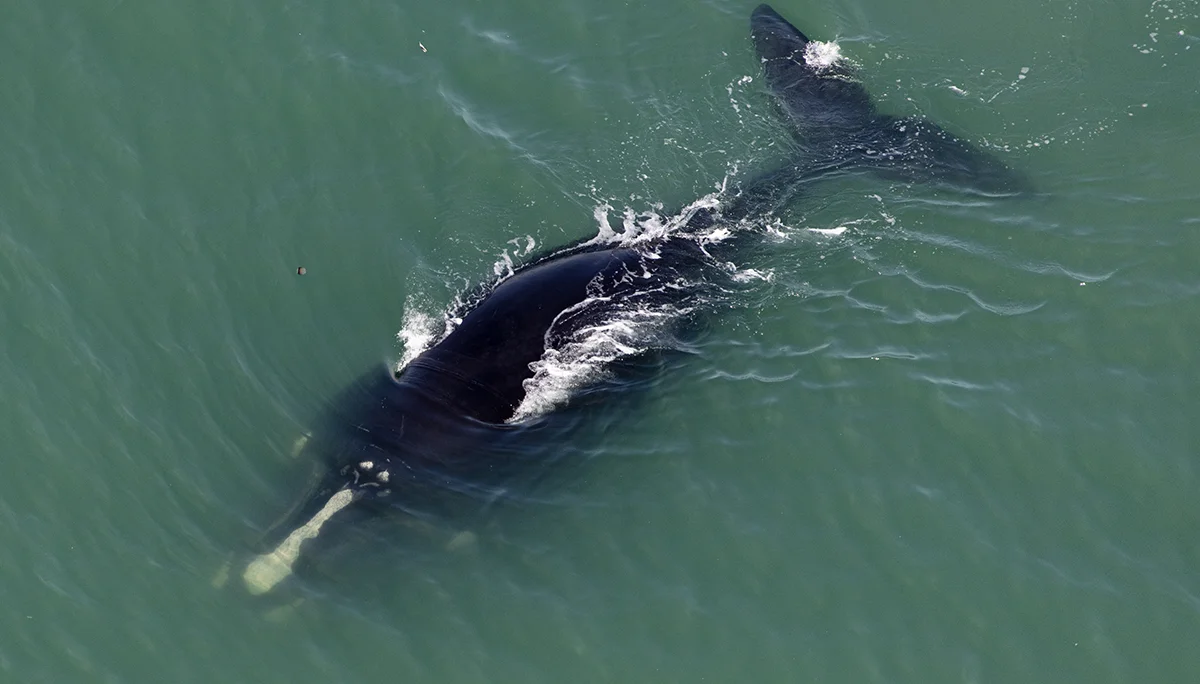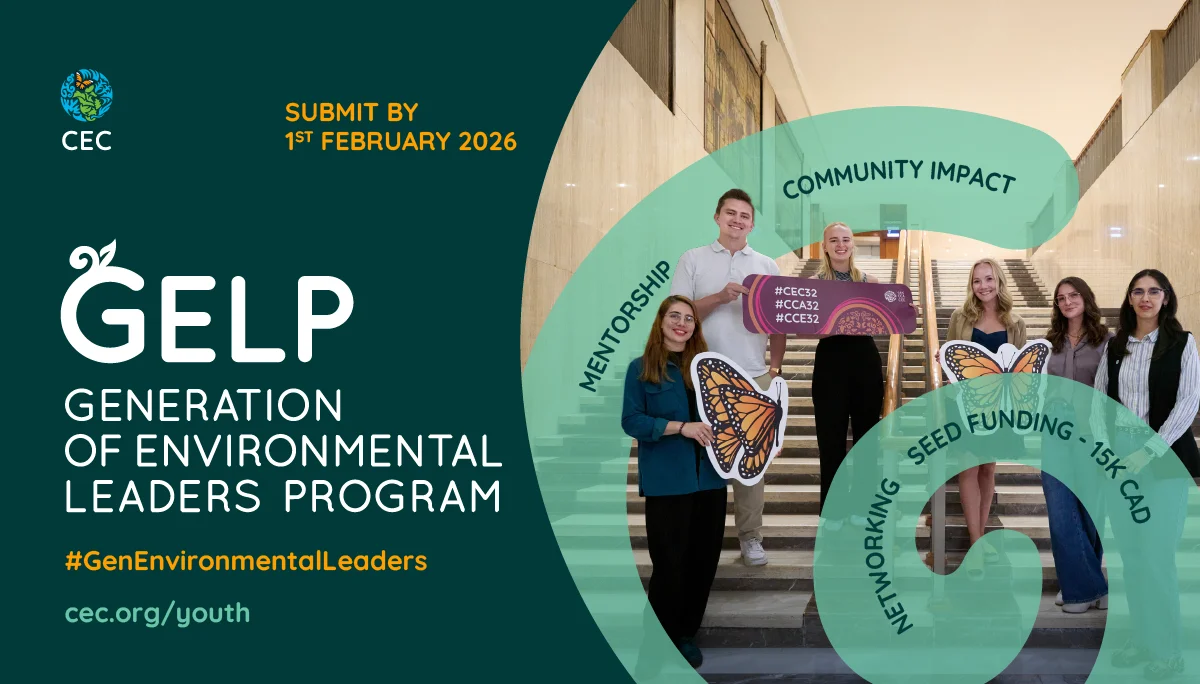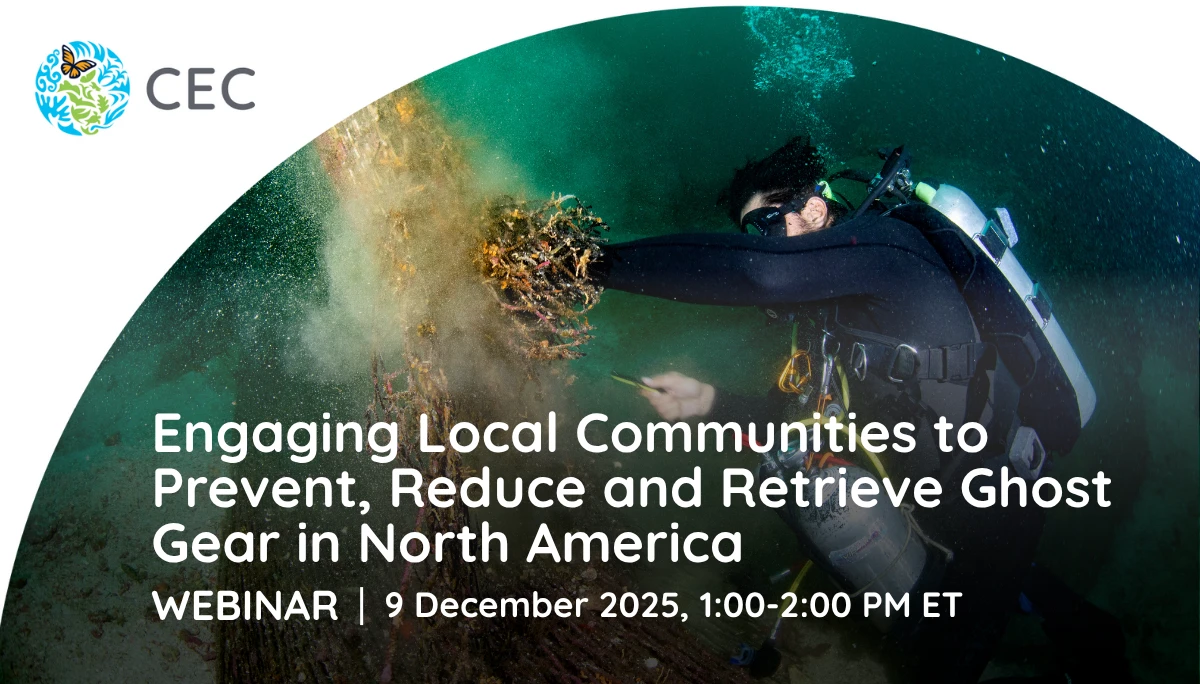In the Spotlight
Our Impact
Explore how the CEC’s work over the years has delivered tangible environmental and social outcomes across North America — from scientific studies that guided environmental standards, regulations and policies in Canada, Mexico and the United-States, to trinational conservation strategies, community grants and geospatial mapping projects. Whether you’re a policymaker, conservation expert, researcher or simply interested in North American environmental cooperation, this page offers a comprehensive overview of not only what the CEC has achieved — but how and why those efforts have unfolded.
Topics

Climate Change
Supporting emissions reduction and helping communities adapt to extreme weather events

Environmental Justice
The pursuit of environmental justice (EJ) aims to address historical inequities, marginalization and discrimination in how environmental benefits and burdens are enjoyed or suffered by certain communities.

Ecosystems
Working with communities to conserve and restore North America's terrestrial and marine ecosystems and priority species

Enforcement
Supporting enforcement and compliance with domestic environmental law and with multilateral environmental agreements

Sustainable Living and Economies
Advancing the sustainability of our economic activities and life choices by identifying and fostering alternatives that effectively integrate the environmental, social and economic dimensions for a just and resilient North America. Our work is organized around four main areas:

Pollutants
Promoting clean air, water and land through prevention, reductions, and sound management of pollutant releases, toxic chemicals and hazardous waste

Youth Engagement
Over the years, the CEC has been committed to youth engagement and the efforts supported have provided youth with opportunities to raise awareness, provide tangible, sustainable, and innovative solutions for environmental issues in their communities, and influence CEC’s strategies, projects, and initiatives.

Indigenous Affairs
The Commission for Environmental Cooperation (CEC) recognizes the essential role that Indigenous Peoples and local communities play in environmental stewardship across Turtle Island, Madre Tierra, also known as North America.

Private Sector Engagement
The private sector plays a critical role in driving economic prosperity, innovation and sustainable development.
Featured Project
Opportunities for Circularity in the North American Electronics Sector: Phase 1
2022 Active Private Sector Engagement, Sustainable Living and Economies
Featured Publication
San Diego Food System Alliance (SDFSA)
Food waste measurement and consumer education in households: Save the Food, San Diego! EcoChallenge
July 17, 2024 4 pages Sustainable Living and Economies
The San Diego Food System Alliance (“The Alliance”) is a nonprofit organization working to cultivate a healthy, sustainable and just food system in San Diego County, California. The Alliance is a diverse and inclusive network that works across sectors to promote collaboration, influence policy and catalyze transformation in the food system.
What We Do
We conduct research, provide tools and training, and provide a unique space for decision-makers and the public to engage on environmental policy issues affecting the North American region.




